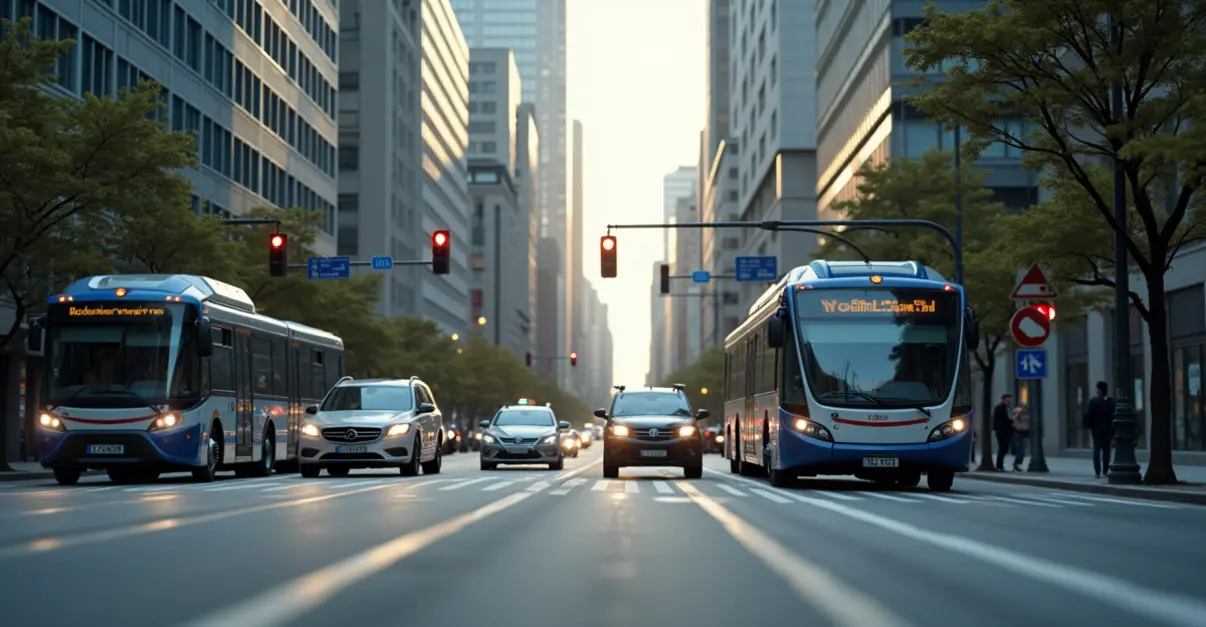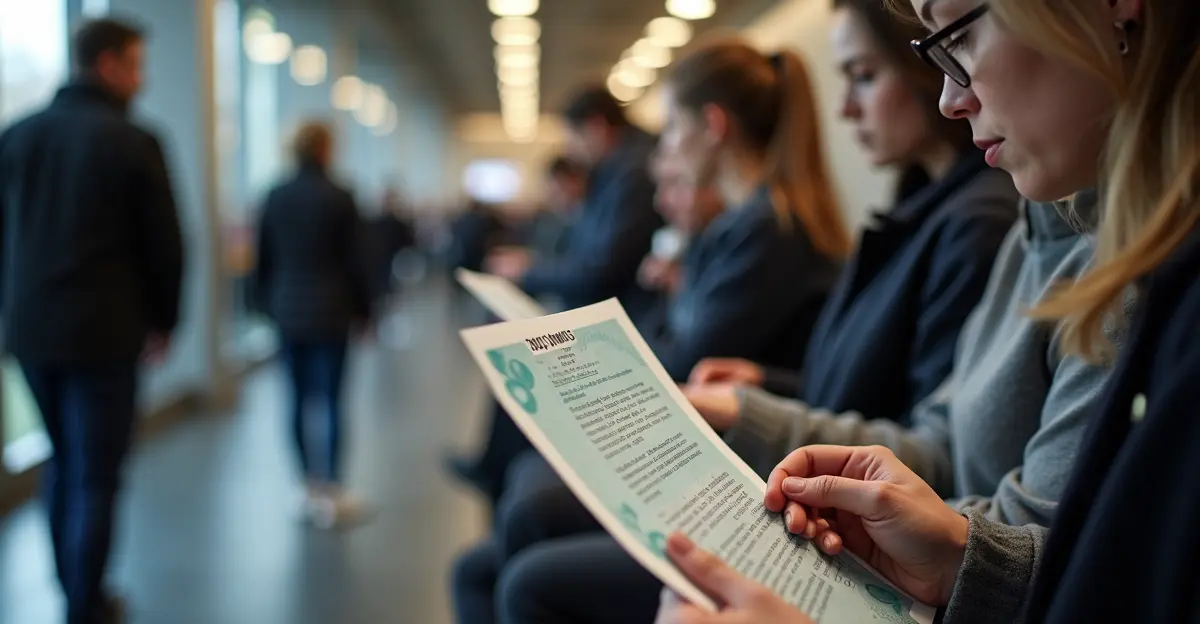The Rise of Universal Basic Services
In a groundbreaking shift from traditional welfare models, cities across the United States are pioneering Universal Basic Services (UBS) programs that provide free essential services rather than direct cash payments. This innovative approach, which includes free public transport, internet access, and childcare, represents a fundamental rethinking of social safety nets for the 21st century.
Transportation Revolution in Los Angeles
Los Angeles is leading the charge with its Universal Basic Mobility Program, a $29 million initiative that provides 3,000 South LA residents with $1,800 annually for transportation expenses. The program specifically targets disadvantaged communities where 29% of households live below the poverty level and 6% own no vehicles. 'This isn't just about getting people from point A to point B - it's about economic empowerment and climate justice,' says LADOT spokesperson Maria Rodriguez.
Childcare Breakthrough in New York
New York City has launched a landmark pilot program providing free childcare for children ages 2 and under for hundreds of low-income families as part of a $116 billion budget deal. The $10 million initiative, administered by the Department of Education, represents a major step toward universal childcare. Research from the Yale Tobin Center shows that universal pre-kindergarten programs increase parents' earnings by 21.7%, with gains persisting for at least six years after pre-K ends.
Digital Inclusion Initiatives
Across the nation, cities are expanding digital access through programs like the Affordable Connectivity Program, which offers $30 monthly broadband discounts to low-income households. Combined with provider discounts, this makes internet service completely free for millions of families. 'In today's digital economy, internet access isn't a luxury - it's a necessity for education, employment, and civic participation,' notes digital equity advocate Jamal Washington.
The Oakland Model
Oakland's Universal Basic Mobility program provides income-qualifying residents with up to $320 for transportation expenses through prepaid debit cards and Clipper Cards. The program, which serves West Oakland residents, can be used on public transit, bikeshare, and e-scooters from providers including AC Transit, BART, and BayWheels.
Economic and Social Benefits
The shift toward service-based support systems offers multiple advantages over traditional cash transfers. According to UBS proponents, providing essential services directly addresses specific barriers to economic participation while creating public infrastructure that benefits entire communities. The Universal Basic Services framework emphasizes that these programs are necessary to sustain material safety and enable citizens' participation in society regardless of financial circumstances.
Future Expansion
As these pilot programs demonstrate success, cities are considering expanding UBS to include additional services like housing assistance, legal aid, and healthcare. The movement represents a growing recognition that 21st-century social safety nets must address the complex web of modern living expenses that cash alone cannot adequately cover.

 Nederlands
Nederlands
 English
English
 Deutsch
Deutsch
 Français
Français
 Español
Español
 Português
Português










